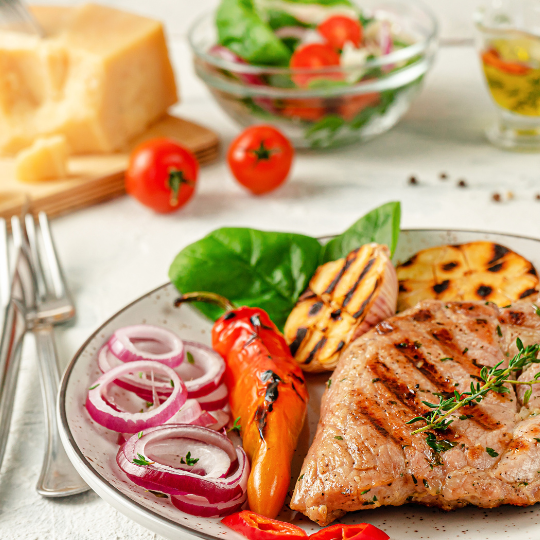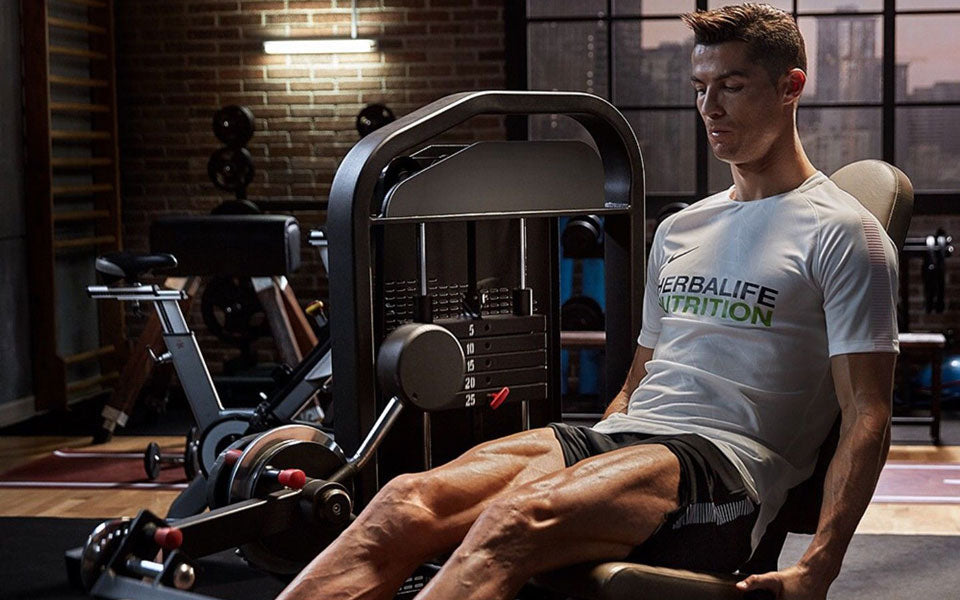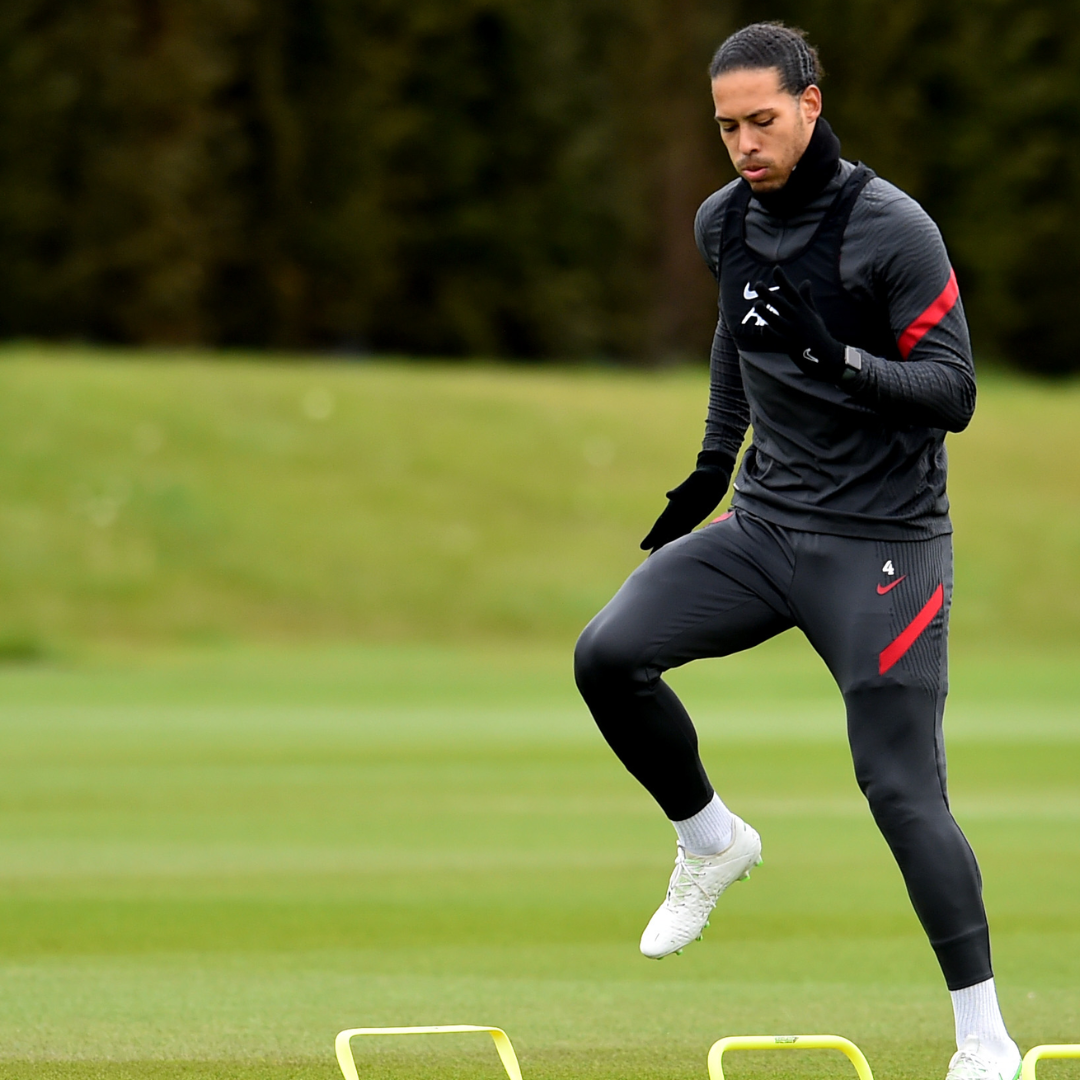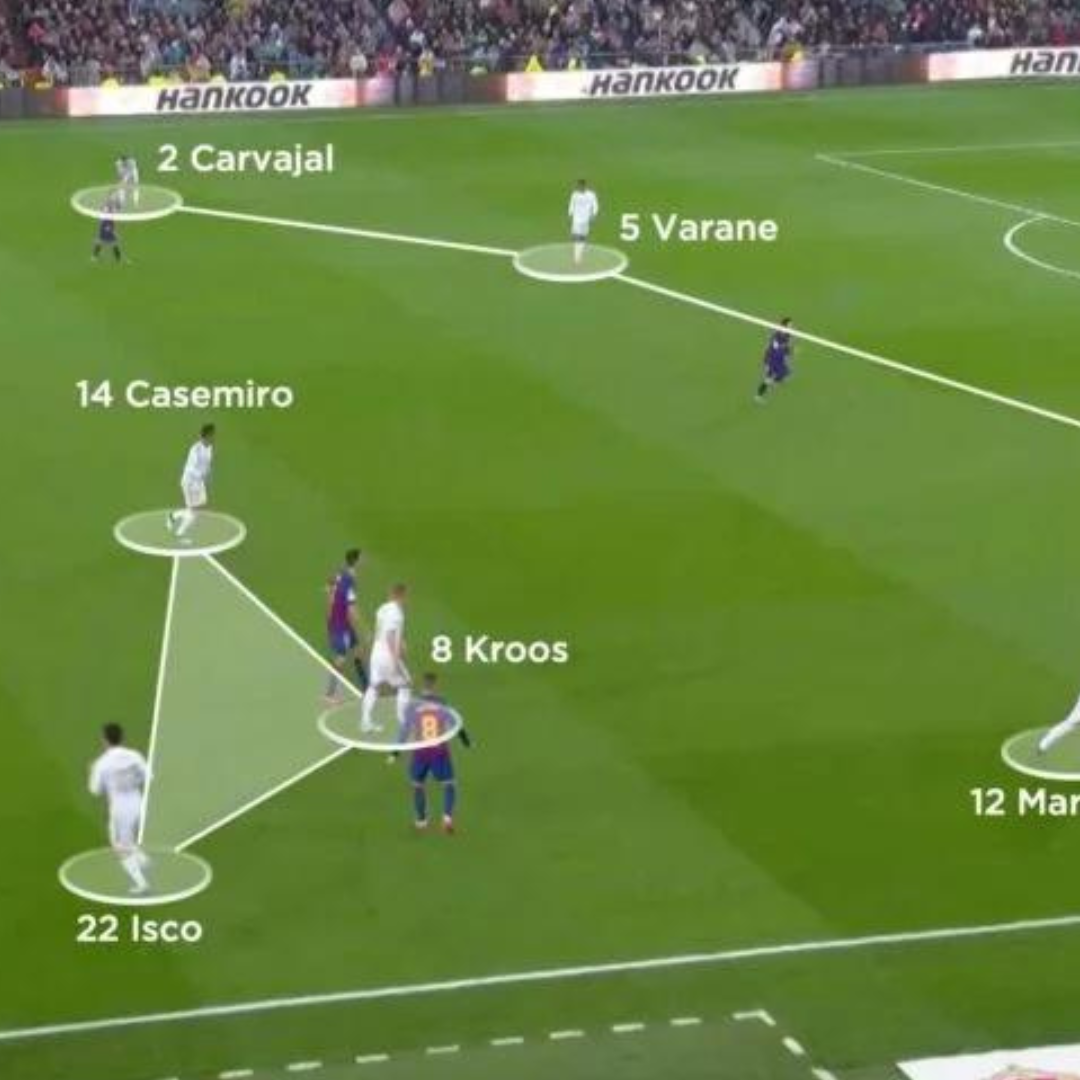The Perfect Footballers Diet

Eat A Balanced Diet
The perfect footballer's diet should be healthy and balanced and not cut out any important food groups. It should include high levels of both fruit and vegetables, protein, and carbohydrates to give the body enough energy. The recommended daily intake is at least five portions per day when it comes to fruit and vegetables. Protein can be found in meat and nuts and can also be supplemented with protein powders to help achieve your daily intake. In addition, protein is vital, as it helps aid muscle recovery, which is essential for any athlete.
While fats get a bad name, there are some good fats out there that you can find in both oily fish and vegetables that will help give your body the energy it requires.
Research Superfoods
With so many dieting trends online nowadays, it can be difficult to track what products are actually beneficial. Superfoods are here to stay, and have a great nutritional advantage. For a food to be a superfood, it needs to have higher than average measurements of essential nutrients such as avocados which contain high levels of fibre, healthy fats, vitamins C, K, A and B1, as well as folates and magnesium. Other superfoods include blueberries, quinoa and beetroot, which all have multiple health benefits.
Bulk up on Protein
Protein is essential for any athlete's diet, as we have already mentioned. Getting high levels of protein can be difficult if only relying on your main meals, and you may need to think about how to snack throughout the day to increase the amount of protein you are getting. Select snacks that are high in protein, such as specially made protein bars, nuts or protein shakes.
Eat More Fish
Fish should be a huge part of any footballer's diet as they are high in protein and healthy fats, which can help the body recover and increase energy levels. Try and add fish into your diet at least two times per week, if not more. The best fish to choose are non-white fish such as salmon or sardines, as these tend to have the best fatty acids.
Eggs
Eggs are also an excellent choice as they are high in protein, containing around 6 grams and calories, perfect if you are training often. They can be cooked quickly and kept as a snack in the fridge whenever you need them. As well as protein, eggs are also rich in vitamin D, which can help boost the immune system and aid metabolism.
Conclusion
Choosing what to eat as a footballer is vitally important as your diet can impact your performance. Overall, it is good to eat a varied and balanced diet, with a focus on high levels of protein to help repair and strengthen your muscles.



